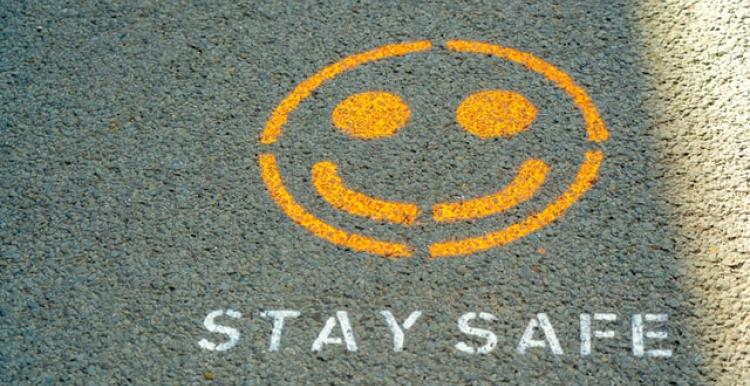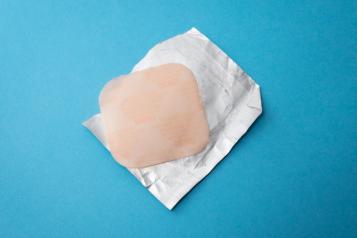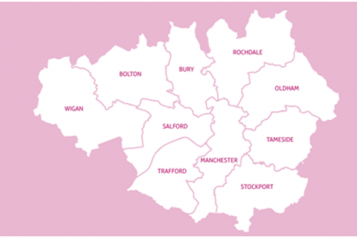Red extreme heat warning issued, and tips for keeping yourself safe

The Red Extreme warning, or Level 4, means that the high temperatures are likely to affect people outside of health and social care environments. Hot weather places pressure on frontline health and social care staff, so ambulance services may be particularly busy at the start of the week. This is why it is vital that people take steps to keep themselves safe during the heatwave and know when to seek help. It's also essential to use water carefully, as the increased demand on water companies at this time may lead to problems.
Remember, to stay safe and cope with the heat:
- Stay hydrated; drink plenty of fluids, and avoid excessive alcohol. Bring water with you if travelling.
- Keep curtains closed in rooms with lots of sun, to try and keep your home cool.
- Try to stay in the shade, and make sure to wear sunscreen and a sunhat if you need to go outside.
- Avoid lots of physical activity during the hottest parts of the day, and try to avoid going outside between 11am and 3pm as this is when UV rays are strongest.
- If going for a swim, follow local heath and safety precautions.
- Check on vulnerable people, or those who live alone to make sure they are coping, or ask friends or family to check in on you if needed.
- Never leave any animal or person in a parked car with the windows closed, especially children and infants.
Heat-related illness
Heat exhaustion may occur when a person gets too hot. If they are able to cool down within 30 minutes, this is usually not serious. Signs of heat exhaustion include:
- a headache
- dizziness and confusion
- loss of appetite and feeling sick
- excessive sweating and pale, clammy skin
- cramps in the arms, legs and stomach
- fast breathing or pulse
- a high temperature of 38C or above
- being very thirsty
- in children, this may also include becoming floppy and sleepy
The NHS advise following these 4 steps to cool a person down:
- Move them to a cool place.
- Get them to lie down and raise their feet slightly.
- Get them to drink plenty of water. Sports or rehydration drinks are OK.
- Cool their skin – spray or sponge them with cool water and fan them. Cold packs around the armpits or neck are good, too.
Some additional resources:
- Check the Met Office website for the weather forecast by clicking here, or here for their weather warnings
- The NHS website contains information on signs and symptoms of heat-related illness
- Follow this link for the government's heatwave plan
- Click here for information on saving precious water
- Visit the National Highways website here for information on driving in hot weather
Seeking urgent care
The NHS advise calling 999 if the following signs occur:
- feeling unwell after 30 minutes of resting in a cool place and drinking plenty of water
- not sweating even while feeling too hot
- a high temperature of 40C or above
- fast breathing or shortness of breath
- feeling confused
- a fit (seizure)
- loss of consciousness
- not responsive


